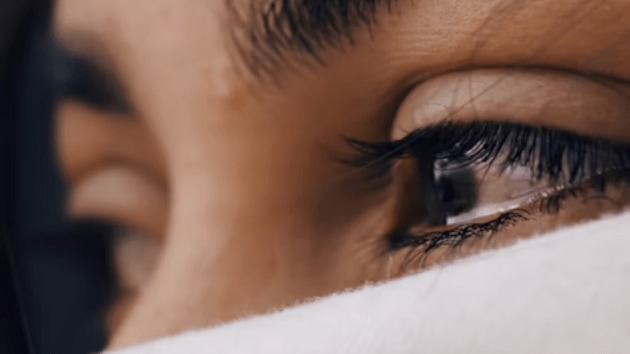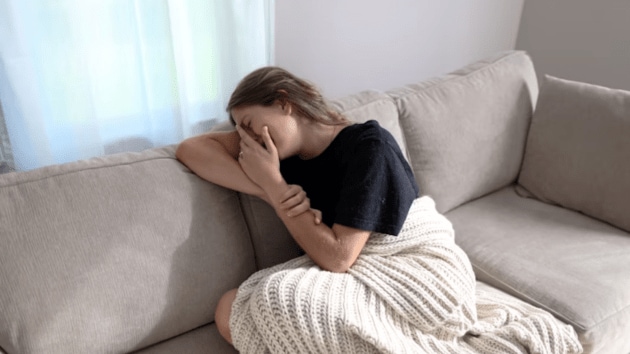Signs you are going through postpartum depression
These are six signs you should keep in mind that could indicate the onset of postpartum depression.
November 6, 2025 15:04 IST 1 / 7
1 / 7Postpartum depression (PPD) is a common but often misunderstood condition that affects many new mothers after childbirth. It goes beyond the “baby blues” and can impact emotional well-being, relationships, and even bonding with the baby. Here are six signs that you might be experiencing postpartum depression. (Source: Photo by unsplash)
 2 / 7
2 / 7Persistent Sadness and Hopelessness: If you feel sad, empty, or overwhelmed most of the day, nearly every day, and can’t seem to find joy in things you once loved, it may be more than normal baby blues. (Source: Photo by unsplash)
 3 / 7
3 / 7Change in Appetite and Sleep: Eating too much or too little, sleeping excessively, or suffering from insomnia (even when the baby is asleep) can all be signs of depression. (Source: Photo by unsplash)
 4 / 7
4 / 7Difficulty Bonding with your Baby: Mothers with PPD often feel detached from their baby or struggle to feel the emotional connection they expected. This can lead to guilt and confusion. (Source: Photo by unsplash)
 5 / 7
5 / 7Extreme Fatigue and Low Energy: While tiredness is normal after delivery, PPD can cause a deeper exhaustion, making even simple tasks like feeding or getting out of bed feel impossible. (Source: Photo by unsplash)
 6 / 7
6 / 7Anxiety, Irritability and Panic Attacks: PPD doesn’t always look like sadness, some mothers feel intense anxiety, irritability, or panic. You might constantly worry about your baby’s safety or feel on edge. (Source: Photo by unsplash)
 7 / 7
7 / 7Thoughts of Hopelessness: In severe cases, postpartum depression can bring thoughts of self harm or fears of hurting the baby. These thoughts require immediate medical attention and support. (Source: Photo by unsplash)











